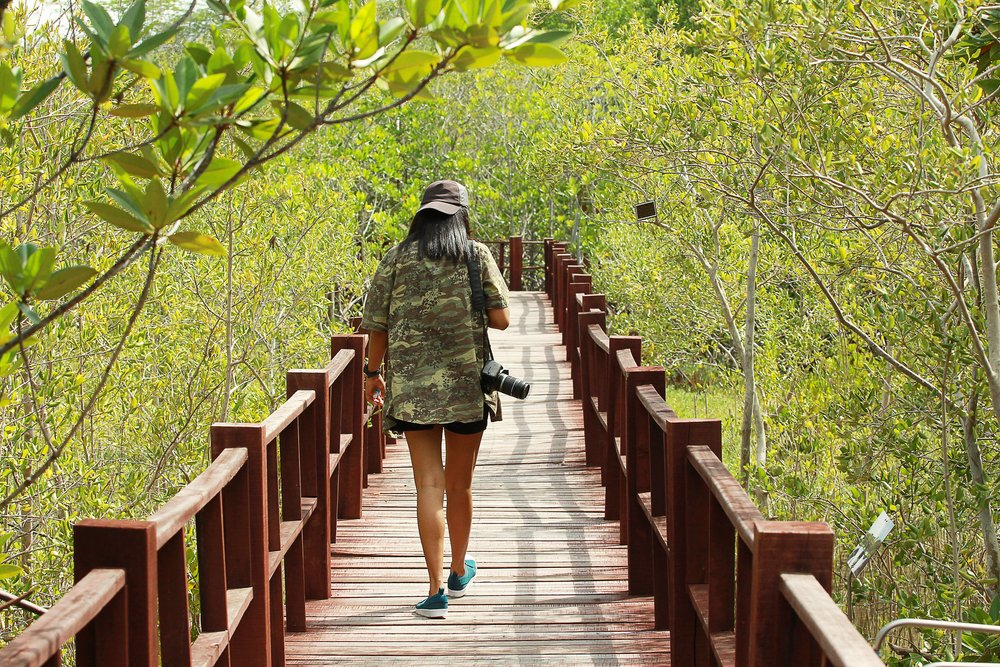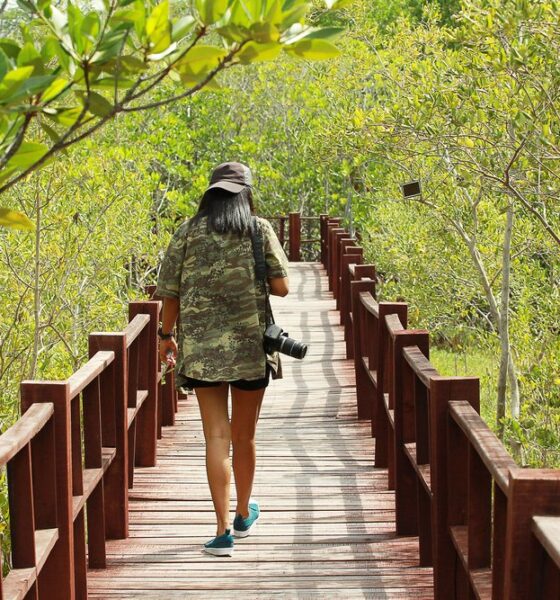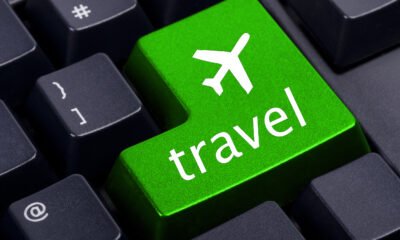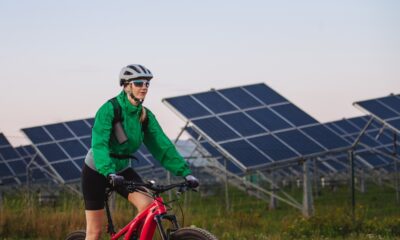

News
The Free to Roam Project Takes Massive Steps Towards Sustainability
Eco-tourism has become a very important topic in recent years. Market researchers have found that 83% of travelers believe that sustainable tourism is important. Since transportation has a huge carbon footprint, more people are going to have to find ways to travel in eco-friendlier ways.
Discussions on sustainability in tourism usually center around moving from one location to another. We have provided details on how to lower your carbon footprint when choosing an airplane.
However, there are other environmental factors to consider as well. These include tourists looking for the eco-friendliest destinations, so they can lower their carbon footprint while staying at their final location. Society also has to think of conservation when supporting tourism.
It’s safe to say that after a whirlwind of a few years, the pandemic has had a massive impact on the world of travel, with so many restrictions put in place on where we can and cannot fly to.
As a result, this has affected hundreds of conversation projects across the globe. It has slowed down progress and even brought some to a complete standstill throughout this time.
In this article, we share with you how Exodus Travels, specialists in adventure vacations, and The Free to Roam Project are helping conservation efforts to continue in Kenya, Africa.
How has Covid impacted conservation efforts around the world?
With international travel bans and border restrictions that have been imposed throughout the pandemic, many conservation projects around the world have been placed on hold. Alongside this, local communities that depend on tourism have had no source of income and, in some cases, are forced to resort to poaching to save their families from famine. When our precious wildlife is already on the brink of extinction, this is a serious issue we are facing.
A recent statement from PNAS told us, “Conservation development projects requiring human presence, such as surveillance of protected areas, treatments of diseases of wild plants and animals, may take a backseat. Without protection, and with added anthropogenic pressures owing to the mass migration and unemployment in the biodiversity-rich developing world, the species and habitats of concern may be in danger of hunting, poaching, mining, logging, and diseases.”Protecting biodiverse green life from deforestation, such as the Amazon in Brazil, has also become problematic throughout the pandemic, as fieldwork cannot be carried out by researchers and biologists. Studies show that the Amazonian rainforest destruction rose by 55% in the first four months of 2020 alone during the lockdown.
Exodus – the Free to Roam Project
The Free to Roam Project is based in Kenya and aims to enable elephants and other African wildlife to thrive in their natural habitats, by empowering Tsavo communities to give 90% of the land back to nature – while increasing food security on the remaining 10%.
Due to the pandemic’s travel restrictions preventing all tourism in Kenya, workers have been forced to pause all conservation work as they attempt to support their families throughout these difficult times. Unfortunately, this poses a significant threat to African wildlife.
That’s where the Free to Roam Project comes in. Exodus has teamed up with Kenyan conservation experts, Tsavo Trust, and the Tofauti Foundation, to involve the local Wakamba communities in the conservation of elephants and other local wildlife. In return, the project will help these communities to generate economic opportunities so that families, in the future, can become self-sufficient in an entirely sustainable capacity.
The Free to Roam Project will create a secure area for local wildlife to roam, dividing the land accordingly so that the community has 10%, leaving 90% for wildlife and nature to thrive abundantly.
The beauty of this well-planned project is that it not only benefits the incredible wildlife of the Tsavo West National Park, but it also gives the Kamungi Conservancy designated areas that will help to ensure food security throughout the whole community for many years to come. In doing so, Exodus hopes that this project can demonstrate the dual benefits of making sure that we can peacefully co-exist with local wildlife and other members of the surrounding community.
































